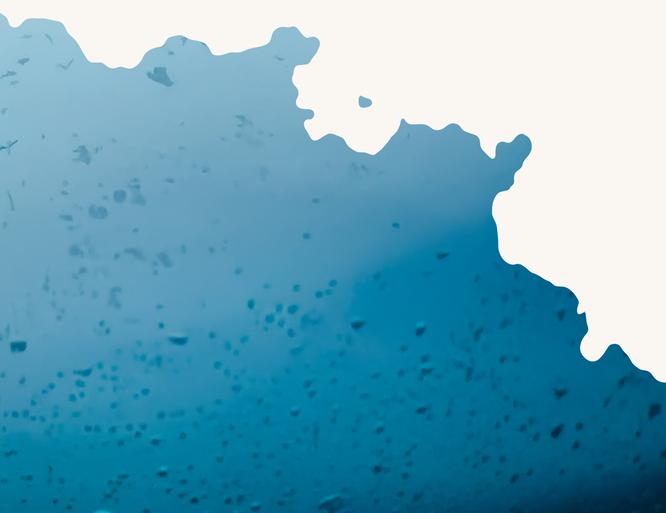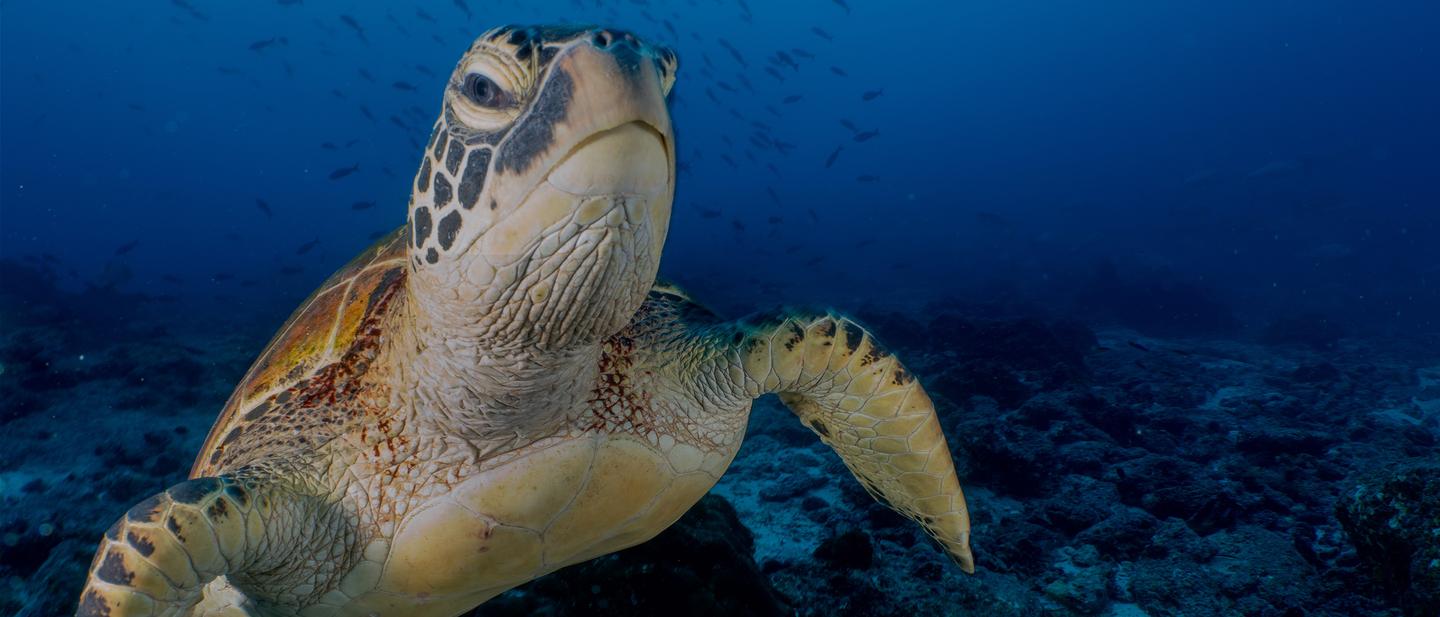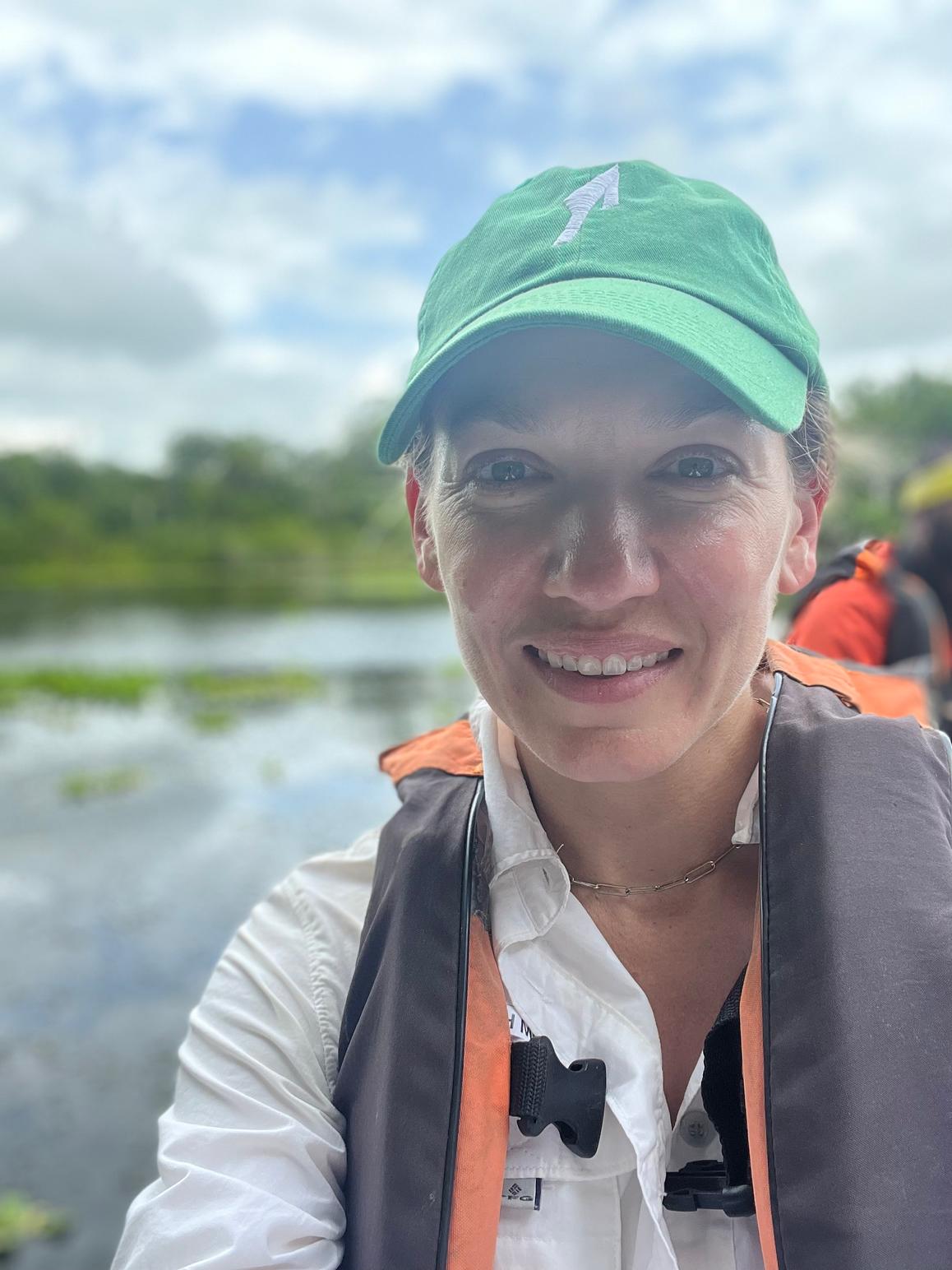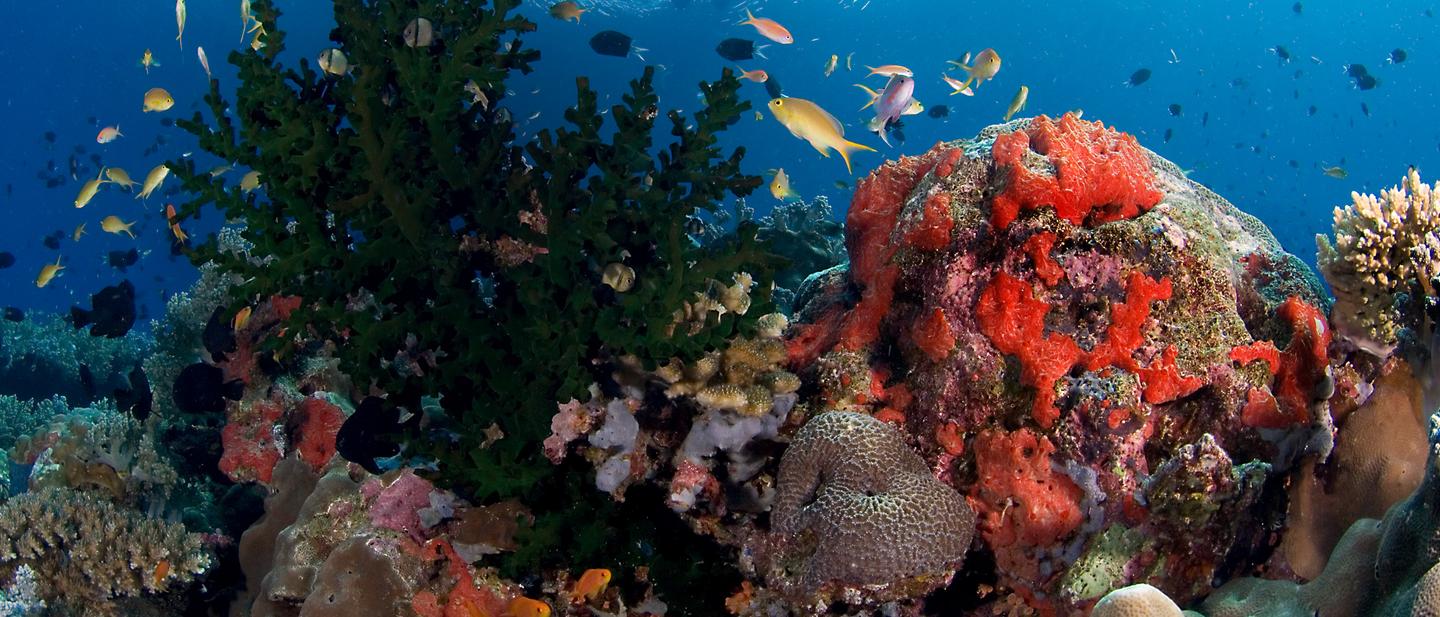There would be no life
on earth without the ocean.
There would be no life
on earth without the ocean.
There would be no life
on earth without the ocean.
We help establish and finance large-scale marine protected areas. We are a founding member of the Blue Nature Alliance, a nonprofit consortium that oversees 160+ conservation projects across 23.4 million square kilometers of ocean.
We protect and restore near-shore ecosystems, particularly mangroves. These forests remove vast amounts of carbon from the atmosphere, protect coastal communities from flooding, and supply food and livelihoods for millions of people around the world.
We integrate the principles of conservation into the seafood industry, which employs 600 million people and provides protein for 3 billion people. Our strategies can reduce the environmental impact of fishing without compromising the global food supply.
As a founding member of the Blue Nature Alliance, we are accelerating large-scale ocean conservation worldwide by expanding and strengthening Marine Protected Areas. Since 2020, our partnerships have brought 3,540,000 km² of ocean under new or expanded protection, safeguarding critical marine ecosystems and ensuring thriving oceans for people and wildlife alike.

Morotai Island is surrounded by one-of-a-kind marine habitats — but its reefs, resources and way of life are in jeopardy. Can local surfers help turn the tide?
Be the First to Know
We'd love to share stories from the field, our latest scientific breakthroughs and other special messages from our team. By subscribing, you agree to our terms of service.

We work in more than 100 countries, putting science into practice, bringing big ideas to life and securing the ocean's bounties for future generations. Check out these clips from the front lines of blue conservation.
Hear Ashleigh McGovern share her perspective on the oceans’ essential role in our lives. Recounting her time among thriving mangroves, she uncovers the carbon-rich soil beneath and highlights how we work tirelessly to protect vast oceans and coastal ecosystems. Her message is clear: hope is found in action.
--:--

Let’s write the future together
I donated because we get life from the ocean, and if we want to keep living, we must honor, support and keep our ocean pristine for marine life.”
Every gift — no matter the amount — makes a difference for nature, climate, and communities. We can't do this work without grassroots supporters: Your contribution will help us incubate big ideas, seize urgent opportunities, and adapt to new challenges.

Every private donation helps unlock additional funding from governments, foundations, companies and other global institutions. We can multiply your impact by up to 300%.